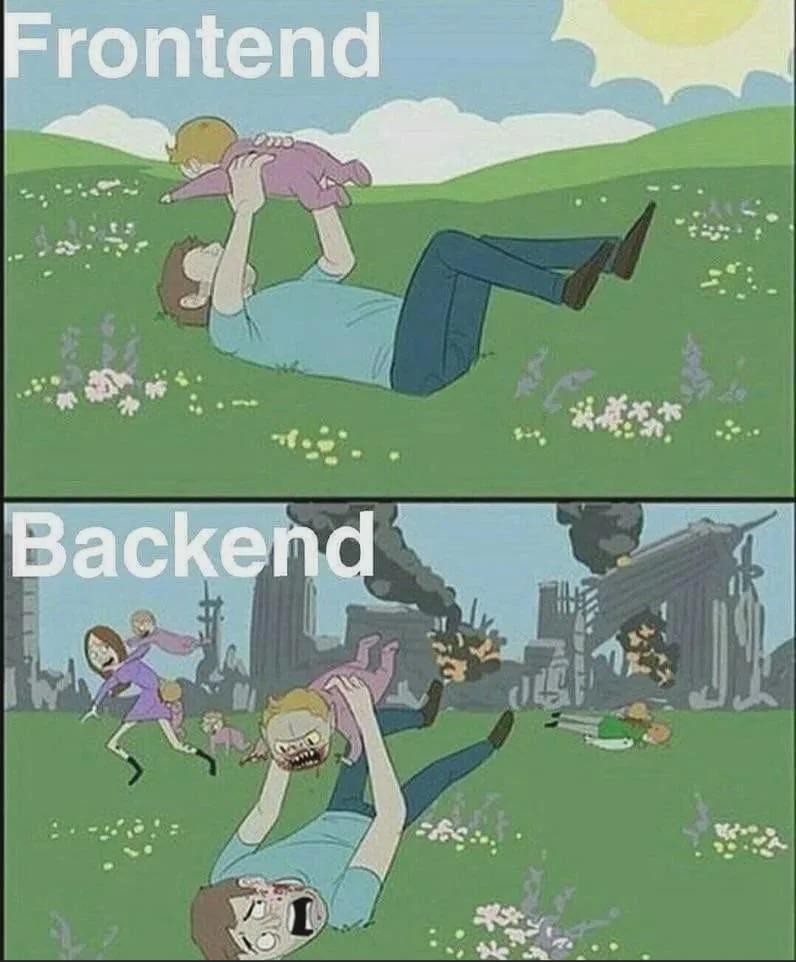I removed the link to the article, since the article is on Medium, and Medium is becoming a shithole too. So here is the article. It was written by JA Westenberg and she's at https://www.joanwestenberg.com/
Subscription payments are the best thing that ever happened to software companies. And they’re arguably the worst thing that ever happened to their customers.
When I started as an aspiring digital artist in the early 2000s, saving up to purchase software like Adobe Photoshop felt like an investment — once bought, it was mine to use indefinitely. I remember putting away dollars from my paper route to buy my first copy as a kid, already dreaming about my future as a creator.
Later, as a teenager working at McDonald’s, I repeated the ritual of patient saving until I could finally purchase music production software such as Ableton Live. Owning those tools outright meant using them freely without worrying about ongoing costs. My creative output wasn’t bound to what I could afford month-to-month.
Now, companies like Adobe solely offer subscriptions — monthly fees and essentially renting in perpetuity. We no longer own our software; we pay a licensing fee.
This gives us access to regular updates, but it also means the sword of Damocles hangs over creatives — miss a payment, lose access. The freedom of creation I once relished has been supplanted by nagging financial anxiety. I miss the days when the tools felt like mine, not someone else’s borrowed goods, and when I didn’t open up a tool and wonder how much longer I’d be able to keep using it.
The Drawbacks for Customers
Here’s the drawback. If I live as long as I want, paying for Photoshop every month will be very, very bloody expensive.
Yes, subscriptions provide convenience and access to varied services and products. But convenience just isn’t enough.
Psychologically, subscriptions drive overconsumption. Our paychecks are eaten away in advance before we realise how many 30-day free trials and monthly tithes we’ve committed ourselves to. And while the subscriptions seem small enough on paper, their cumulative cost is straining the budget for consumers and creatives.
We’re told repeatedly that it’s just the price of one coffee a month, but the combined cost of every single tool, service, app and game demanding one coffee a month becomes the equivalent of paying for enough caffeine to poison even the strongest constitution.
The proliferation of subscription services has led to increasing fragmentation of content. As platforms vie for customer attention, consumers confront myriad fragmented options, each requiring an individual subscription. This results in higher costs for accessing content and a disempowering user experience of juggling multiple platforms and subscriptions. The promised convenience of subscriptions is eroded, leaving customers questioning the true benefits.
It’s easy to understand why company after company is shifting their model. The allure of stability is compelling, and subscription payment models provide just that for businesses. Rather than relying on sporadic one-time purchases, companies can enjoy consistent, predictable revenue streams month after month thanks to loyal subscribers. This stable financial base allows businesses to plan for and invest in future growth, pleasing investors and looking good on paper. But that stability is hardly a victory for users who just want good software and aren’t particularly interested in quarterly earnings reports.
Customer loyalty is the holy grail for companies, and in theory, subscriptions foster (aka coerce) enduring relationships with customers, reducing the risk of losing them to competitors. This is achieved through the “lock-in effect,” where the convenience and perceived value of continuing a subscription discourages customers from seeking alternatives.
But instead of using the foundation of a subscription to cultivate long-term relationships and capitalize on increased customer lifetime value, companies treat users like a Sure Thing, taking them for granted and adding little in terms of value to justify the monthly fee.
There’s a popular argument that subscription payment models championed entrepreneurs and startups, levelling the playing field in an industry historically dominated by major players. It allows smaller companies to enter the marketplace with minimal upfront costs and directly compete with industry giants. But when all these startups want to do is sell more subscription services, it starts to seem at least a little Ponzi-esque.
And then there’s the unfortunate reality that when the economy is tanking, rents are going up, housing is unattainable, food is an arm and a leg, and it’s too expensive to put petrol in the car, more than a few users are going to look at the laundry list of adorably vowel-averse SaaS startups they keep throwing their money at and ask whether they actually need them. There’s a perfectly good email app that comes pre-installed on their phones. The same goes for the To-Do list and Notes apps. At some point, the subscription creep stops making sense.
The ongoing commitment of subscriptions is a massive burden, limiting our flexibility to adapt our spending as needs change. This financial load becomes a significant barrier to achieving financial well-being. We’re stuck in a subscription payment hamster wheel. And something is going to have to give.
Companies recognizing the potential drawbacks of subscriptions have started innovating within the model. Some offer flexible subscription options, allowing customers to pay for services or products on a usage basis. Others are exploring bundled subscriptions, providing diverse content or services at a reduced cost. These approaches address customer concerns while maintaining business benefits by prioritising customer value and flexibility.
But they’re still dodging around one simple fact. The best way for consumers to access software is to buy an app that does what they need and then choose whether or not to upgrade to the next version later. It’s a model that doesn’t require a spreadsheet of monthly expenses to wrangle alongside gas, electricity and medical bills. Although I’m sure there’s a subscription-based app to make it all easier. Roughly the cost of a coffee a month?



